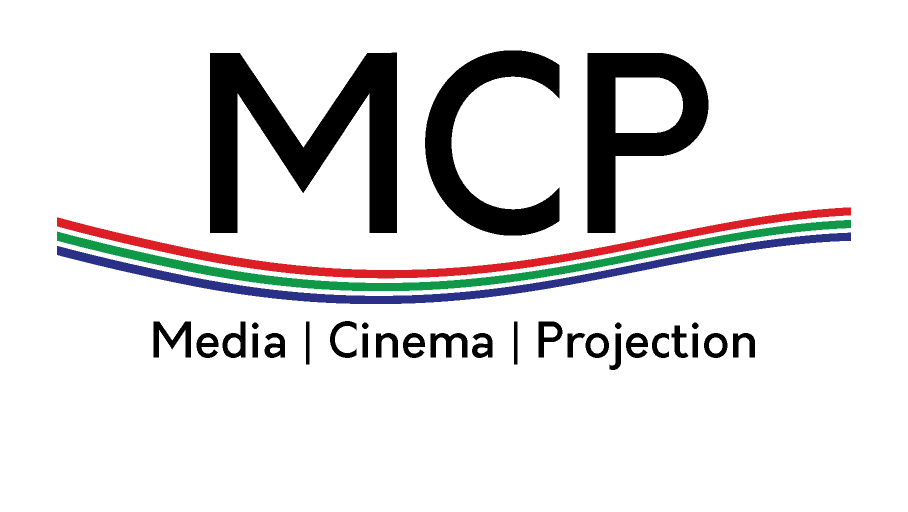-
Overall European admissions decreased by 0.9%, with the decline higher in the EU (-2.4%).
-
Southern European countries declined while the Nordic markets performed very well.
-
National results varied widely and remained strongly influenced by the presence or absence of leading national films
As the Berlinale opens, the European Audiovisual Observatory — part of the Council of Europe in Strasbourg — has published its provisional figures for European cinema in 2012.
Overall, European cinema admissions are estimated to have fallen by 0.9%, but a number of territories, particularly the Nordics, Russia and Turkey showed strong gains. The biggest increase was registered by Bosnia & Herzegovina (+37.9%), while Russia was up 5.8%, Turkey 3.9% and Finland led the Nordic group at +19%. The overall decline was slightly larger for the EU, where admissions decreased by 2.4 %.
The top four EU territories (France, UK, Germany and Italy), together accounting for almost two-thirds of EU admissions, declined by 2.8% in 2012, with reductions in France and Italy outweighing gains in the UK and Germany.
The northern and some eastern areas of Europe showed increases, while France and Southern Europe showed declines: Cyprus – 5.7%, Spain, – 6.5% , Slovenia -8.3%, Italy -9.9% and Portugal -12.3%. The decline in Southern Europe reflected a shortage of local hits as well as the wider economic recession. Higher rates of online piracy may also have contributed to the decline.
2012 data illustrate once more the volatility of the film market and the impact of national success on annual results. For example, eight out of the top 12 films in Turkey were Turkish films and two out of the top 15 films in Finland were sequels to popular family films, Ricky Rapper and Cool Wendy and Niko 2 – Little Brother, Big Trouble. In Norway, the Norwegian hit Kon Tiki was the #1 film of the year, while in Denmark, local hits This Life, Love Is All You Need and A Royal Affair took 2nd, 3rd and 5th positions.
Many territories reported weak summer admissions, but these were followed by a strong finish to the year with films such as Skyfall, The Hobbit: An Unexpected Journey, The Twilight Saga: Breaking Dawn Part 2 and Life of Pi. Skyfall was a huge hit in the latter part of 2012, eclipsing all previous films of the UK/USA James Bond franchise and earning more than GBP 100 million in the UK to become the UK’s best-ever box office performer.
Since 2009, there has been a slight downward trend in European Union admissions, the average rate of change being -1.2% per year:
Cinema attendance in the European Union 2002-2012 provisional
in millions, estimated
Gross Box Office
2012 GBO in national currency broadly matched the admissions pattern, with the strongest gains being registered by Bosnia & Herzegovina (+46%), Romania (+28%), the Nordics (+7 to +22%) and Russia (+14%).
At the other end of the scale, the largest declines were in Slovenia (-8.3%), Italy (-8%), Portugal (-7.6%), Spain (-6.5%) and Cyprus (-5.7%).
National films’ share of cinema admissions
National films’ share of cinema admissions tends to fluctuate from year to year depending on the strength of local releases in the given year. For Europe as a whole, national market share(1) is estimated to have fallen slightly to 13% in 2012, from 15% in 2011.
The highest national market shares were reported by Turkey (46.6%), France (40.2%), the UK (32.1%), Denmark (28.5%) and Finland (28%).
The largest increases in national market share between 2011 and 2012 were reported by Finland (+10.8%), Portugal (+4.8%) and Spain (+3.5%). The largest declines were reported by Poland (-15.2%), Italy (-11%) and Lithuania (-7.2%).
Regarding the US share of the European market, early indications are that it was about the same on average in 2012 (66%) as it was in 2011. A more complete estimate will be published in May 2013.
Key cinema data in European countries 2011– 2012 provisional
Overall, the European market was subdued in 2012 compared with other major international cinema markets, with press reports of box office gains of 5.9% in the USA, 33% in China (making China the world #2 territory after the USA) and 7.7% in Japan, though in the case of Japan, recovery from the 2011 earthquake and tsunami was a factor.
The European Audiovisual Observatory
Set up in December 1992, the European Audiovisual Observatory’s mission is to gather and distribute information on the audiovisual industry in Europe. The Observatory is a European public service body comprised of 39 member states and the European Union, represented by the European Commission. It operates within the legal framework of the Council of Europe and works alongside a number of partner and professional organisations from within the industry and with a network of correspondents. In addition to contributions to conferences, other major activities are the publication of a Yearbook, newsletters and reports, the compilation and management of databases and the provision of information through the Observatory’s Internet site (http://www.obs.coe.int).


